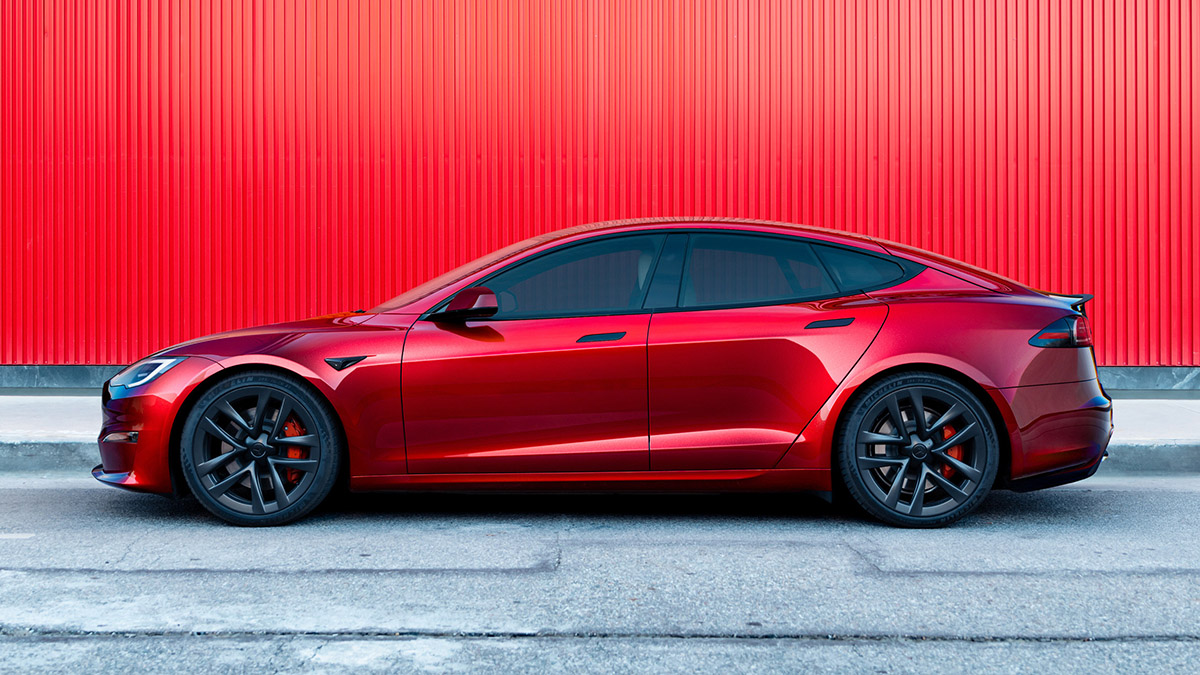Volkswagen and electric vehicle (EV) startup Rivian have announced a $5 billion partnership to develop new electrical architectures and software. This is not the sort of thing we’d ordinarily tell you about on a car-shopping advice site, but it has a hidden meaning for car shoppers.
Rivian says the two companies will work together to “create next generation software-defined vehicle platforms” for EVs.
The Volkswagen Group operates many brands, from its signature VW models to Porsche’s sports cars, Audi’s luxury vehicles, and an upcoming lineup of electric off-roaders resurrecting the Scout name.
All could benefit from Rivian’s newest architecture, designed to be uniquely insulated from supply chain problems.
Most of today’s cars use hundreds of small, low-power microprocessors, each handling just one or two tasks. That strategy created a problem in 2022 when a microchip shortage left automakers unable to build as many cars as they wanted.
Rivian’s latest design uses just a handful of more powerful chips like those found in laptops and smartphones. Fewer chips could make for more robust supply chains.
The VW partnership means something more important for EV shoppers – Rivian now has an infusion of cash.
The EV Startup Pack Thins
A number of EV startups have sprouted in recent years, showing off promising designs but wilting due to a lack of funding. Fisker’s recent bankruptcy, like that of Lordstown Motors, left owners with unsupported cars they may never find parts to repair.
The news has led us to recommend that shoppers avoid buying from automotive startups because the financial stability of a large company proves more important than fresh design.
Rivian now has $5 billion additional dollars and the investment of the world’s second-largest automaker (measured by sales).
Five billion gives planned models like the compact Rivian R2 SUV and the quirky R3 a new lease on life.
Disclosure: Cox Automotive, the parent company of Kelley Blue Book and Autotrader, is a minority investor in Rivian.








